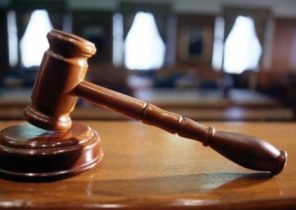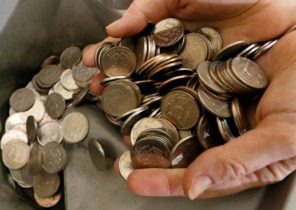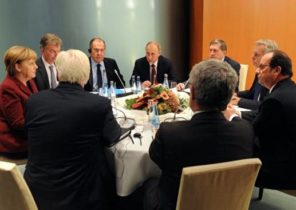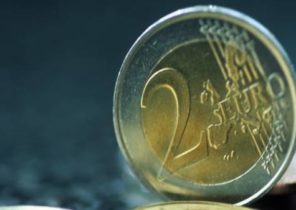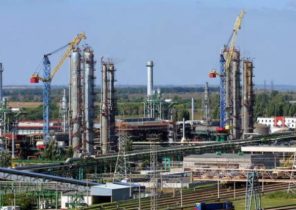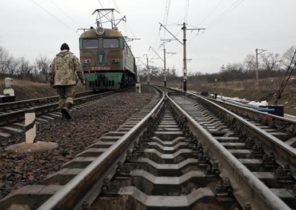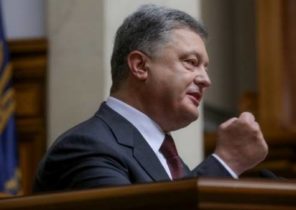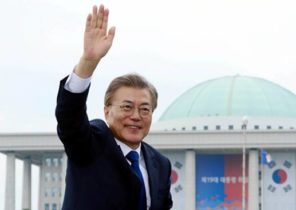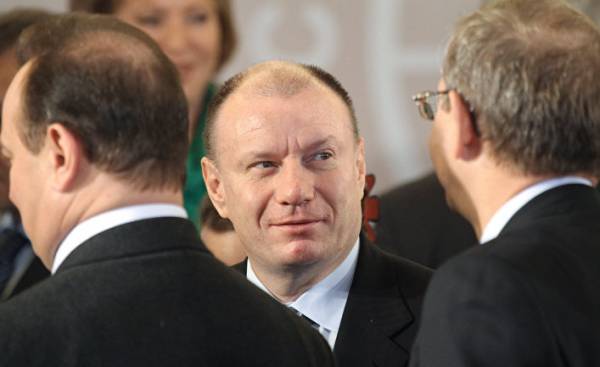
Part of the richest Russians ceased to be a tax resident of the country to avoid the consequences of the adopted in 2014 the law that they must declare their offshore assets, told Reuters about business practices that could conceal assets in billions of dollars from the Russian tax authorities.
More than a dozen interviews with Russian oligarchs, their managers, lawyers, current and former officials show that a large segment of the Russian assets is now in the hands of a new class of entrepreneurs polishnail who have kept a foothold at home, but are outside the tax system for residents, as carried out in the country for less than 183 days in a year.
“They can criticize, say that they are unpatriotic, but the fact remains — the budget lost something,” said Reuters Vladimir Potanin, one of the richest men in Russia, about this practice.
He Potanin, co-owner of mining giant Norilsk Nickel, has remained a tax resident, but he knows that many of his colleagues changed tax residency of the law on deofshorizatsii, while retaining the bulk of investment in Russia.
Two other participants of the list of 100 richest businessmen of Russia according to Forbes magazine, told Reuters, that they have ceased to be tax resident, not to obey the law. They spoke on condition of anonymity, as he feared to hurt their business interests in the country.
Two more big businessmen did not say how they did, but like Potanin, are aware of the change of residence of many of his colleagues.
Official statistics on how many people become tax nonresidents of the Russian Federation since the adoption of law no. There is also no public data on the size of assets owned by these entrepreneurs.
Law Bureau “Egorov, Puginsky, Afanasiev and partners” said that conducted the study by talking with representatives of banks, consultants and beneficiaries of controlled foreign companies (Kicks) — a total of nearly three hundred wealthy Russians.
The Bureau found that 40 percent of beneficiaries Kicks decided to abandon the status of a Russian tax resident and another 9 percent transferred assets to relatives, non-residents.
The law on the deoffshorization of the Russian obliges taxpayers to disclose their Kiki and gradually begin to pay tax on the undistributed earnings of these companies.
In most Western countries apply similar practice, but for Russia it’s a big change, because previously, taxpayers could declare their share in foreign assets.
This law was adopted on the initiative of President Vladimir Putin, which in most cases was interpreted as a desire to force the Russians to fulfill a Patriotic duty, start paying taxes and to invest in assets at home. Circumvention of this law by refusing to tax residency completely legal, but those who did, told Reuters that they understand that went against him.
In response to a request by Reuters, the Ministry of economy of the Russian Federation said that the law on deoffshorization in the framework of the global practices and the improvement of investment climate and creation of favorable business environment is one of the key priorities of the government.
The effect of the implemented measures is seen in international assessments, in particular, improving the position of Russia in the world Bank’s Doing Business, announced the Ministry of economy.
The Kremlin declined to comment. The Ministry of Finance did not respond to a request by Reuters before the release of this article.
The Federal tax service (FNS) in response to the list of questions from Reuters, said the increase in the number of tax disputes in terms of the concept of actual recipient of income and the definition of the right to application of provisions of agreements to avoid double taxation. The questions asked of the FNS did not answer, and from the further comments has refused.
The value of the exiles who refuse to tax residency of the Russian Federation, reinforced by the fact that a substantial part of the wealth in the country is concentrated in the hands of a relatively small number of people.
Forbes magazine estimates the state of the 200 most wealthy Russians 460 billion, which is approximately equal to one third of nominal GDP.
“People are forced to make a decision — or to keep the business in Russia, or to be global citizens and take away their assets in offshore or in other countries”, — said Konstantin Korischenko, the former Chairman of the Central Bank of the Russian Federation.
The former official, retaining close ties with the Kremlin and regularly conversing with the Russian oligarchs, said that, in his estimation, about a third of the 500 largest Russian businessmen have left the country over the past three years, partly because of this law.
“Now it is impossible”
Some interlocutors Reuters said that in addition to the General distrust of state institutions by wealthy Russians also refuse to tax residence out of fear that disclosure of their offshore companies by Russian tax authorities will lead to the fact that this information will be used against them.
“The first thing they say entrepreneurs, is a great feeling of confidence. Distrust everything distrust each other, distrust of government,” — said the rector of the Moscow school SKOLKOVO Andrei Sharonov.
One of the leading Russian businessmen, sitting in a leather armchair in the office in one of the most prestigious areas of Moscow, said he made the decision of refusal of residence with reluctance.
The need to spend most of the year outside the home is troubling, but because the investment climate in Russia, he and his partners look for buyers for their Russian business, and I think focusing on foreign assets, he said.
“It would not be the act Kikah, I would be here and pay taxes here. But now it is impossible,” he said.
Most of the year he spends time in one of the countries of the European Union, where his family settled some time ago, or goes to meetings in other countries. This lifestyle, according to him, has become a regular for his colleagues since the adoption of the law: “Many people have lived here and paid taxes. Now they do”.
Another Russian billionaire told Reuters that he and some of his friends ceased to be Russian tax residents because of this law.
“We all sit in anticipation that it will be worse. And, of course, in this situation, the desire to invest is reduced,” he added.
After three years of recession, the Russian economy stabiliziruemost, but still not back to sustainable growth.
The law on deofshorizatsii is part of a number of factors that discourage people hunting to invest in Russia, said a senior partner at consulting firm Macro-Advisory Ltd Chris Weafer.
“Talk about increasing growth (GDP) to 4 percent, which we hope Russian officials, completely unrealistic without a sharp increase in foreign investment,” said Weafer.
According to businessmen who spoke to Reuters, the decision to follow the new rules involves significant contributions lawyers, consultants to audit offshore assets and tax calculation, as well as tons of paperwork, after which they still carried a risk that will pay additional taxes.
They are also concerned about the safety of confidential information in a country where the markets are CDs with labels that they contain the tax database.
Law Bureau “Egorov, Puginsky, Afanasiev and partners” in his study said that almost two-thirds of respondents noted that they or their clients have encountered with the leak of confidential information from government agencies.
“Nobody wants to show money,” said one of the largest Russian businessmen, which is also included in the list of top 100 businessmen of Russia according to Forbes. He did not say whether he has ceased to be tax resident.
